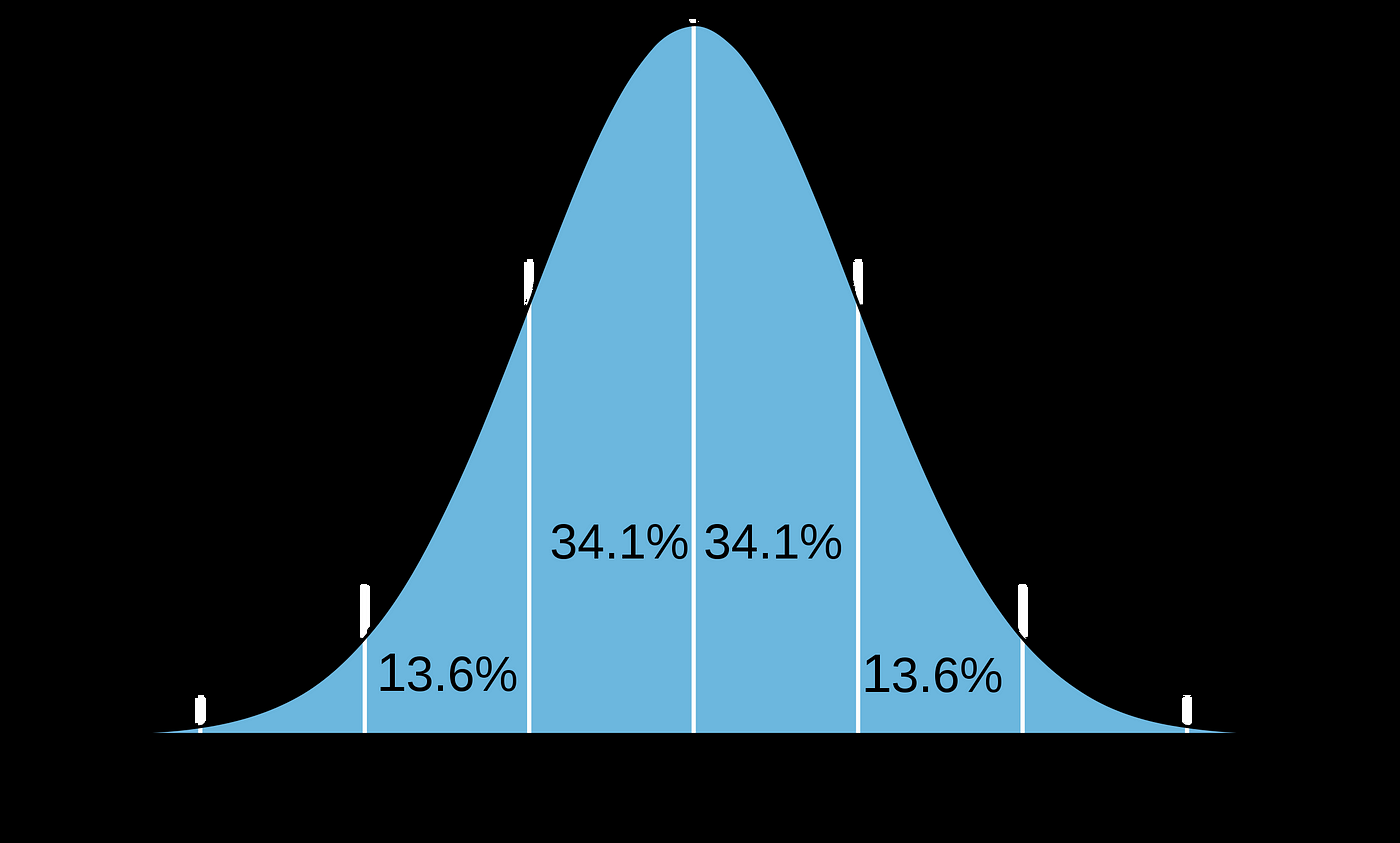In addition to intelligence, other factors play a significant role in math learning. Students who possess intrinsic motivation, demonstrate skills such as summarizing and explaining concepts clearly, make connections with other materials, and avoid rote memorization tend to progress faster in their mathematical proficiency levels.
We tested this hypothesis by examining the relationship between general cognitive abilities and domain- specific ability across age groups and for two popular LSA frameworks (literacy and curricular). Analyzing data from six German LSAs, we discovered that g and domain-specific ability are distinct constructs.
Representation
Representational skills refer to the capacity for accurately describing or imagining something in another form. They are essential in many areas of life, such as social interactions and communication.
IQ test assess mental abilities such as verbal comprehension, processing speed, perceptual organization and working memory (Wechsler Adult Intelligence Scale III; Wechsler, 1997). These abilities are then correlated through psychometric theories to produce a single factor called the g-factor which represents an individual’s general intelligence level.
Furthermore, performance on IQ tests is significantly influenced by the motivational and affective states of test takers. These influences on cognitive functioning contribute to considerable variation in IQ scores.
Generalization
Generalization is the ability to take a skill acquired in one context or setting and apply it in another. This skill set is an invaluable asset for any student’s educational arsenal.
General skills are typically well-established by age six, though many students continue to hone this ability throughout their lives as they encounter new and different scenarios. Therefore, generalization should be encouraged early in a student’s educational career.

Psychometric intelligence tests are not reliable indicators of general skills because they make numerous assumptions about the test taker’s prior knowledge. For instance, they rely on learned symbols (e.g., arrows) and innate concepts (e.g., cat or dog), often assuming that the individual has had previous training in a specific skill area.
Abstraction
Abstract thinking is an essential skill in solving complex mathematical problems. It also involves processing information, recognizing emotions in oneself and others, as well as exercising self-control over them.Some IQ tests use emotional interpretation and evaluation to gauge an individual’s intelligence level, such as the Stanford-Binet, Wechsler and Woodcock-Johnson tests.
Studies have revealed that people with higher IQ scores tend to be better mathematical thinkers. They are faster, more precise and possess a deeper comprehension of abstract equations.

Logical Reasoning
Logical reasoning skills are critical in many professions such as scientists, engineers, lawyers, psychologists and more. They help you comprehend and solve problems in everyday life.
Test results often contain questions designed to evaluate logical reasoning abilities. Common types of logic reasoning questions include deductive, inductive and diagrammatic.
When taking a logical reasoning test, it’s essential to take your time and answer each question thoughtfully and accurately. Furthermore, practicing similar tests before taking the real thing will give you confidence to approach the test with calmness and precision.
Logical reasoning tests often involve shapes, sequences or diagrams that require you to find the correct rule or pattern in order to complete them. This could be as straightforward as finding next-in-sequence pattern, or arranging figures into a grid.
